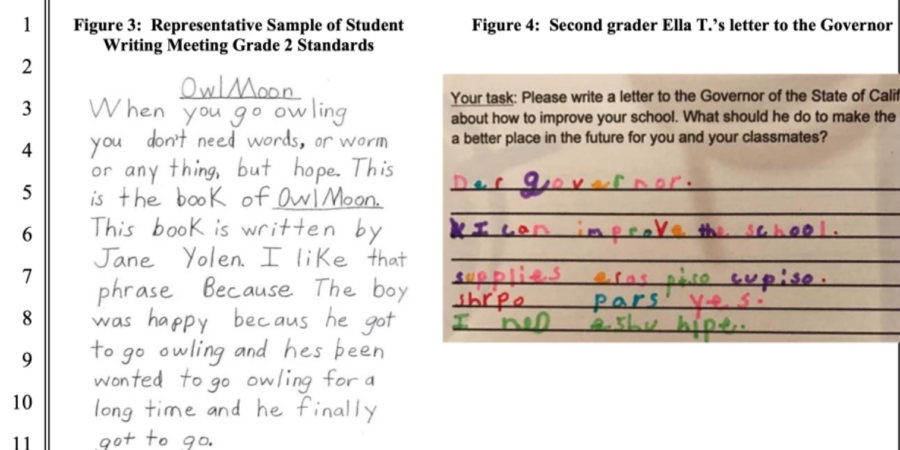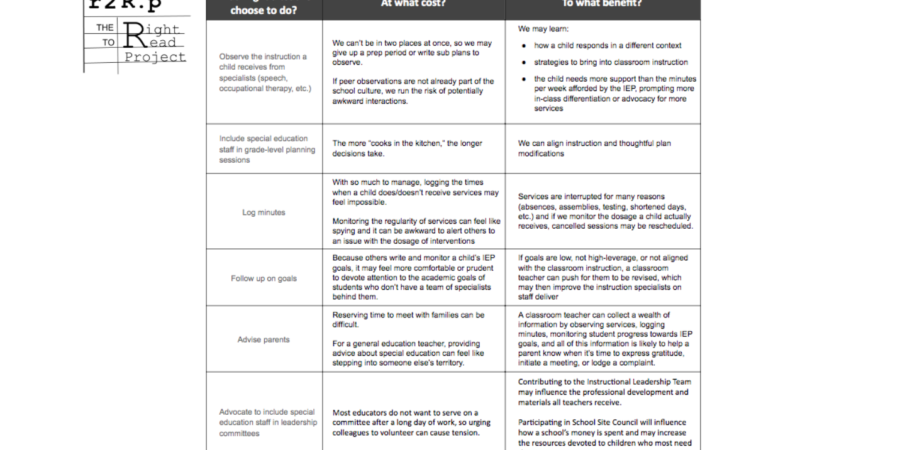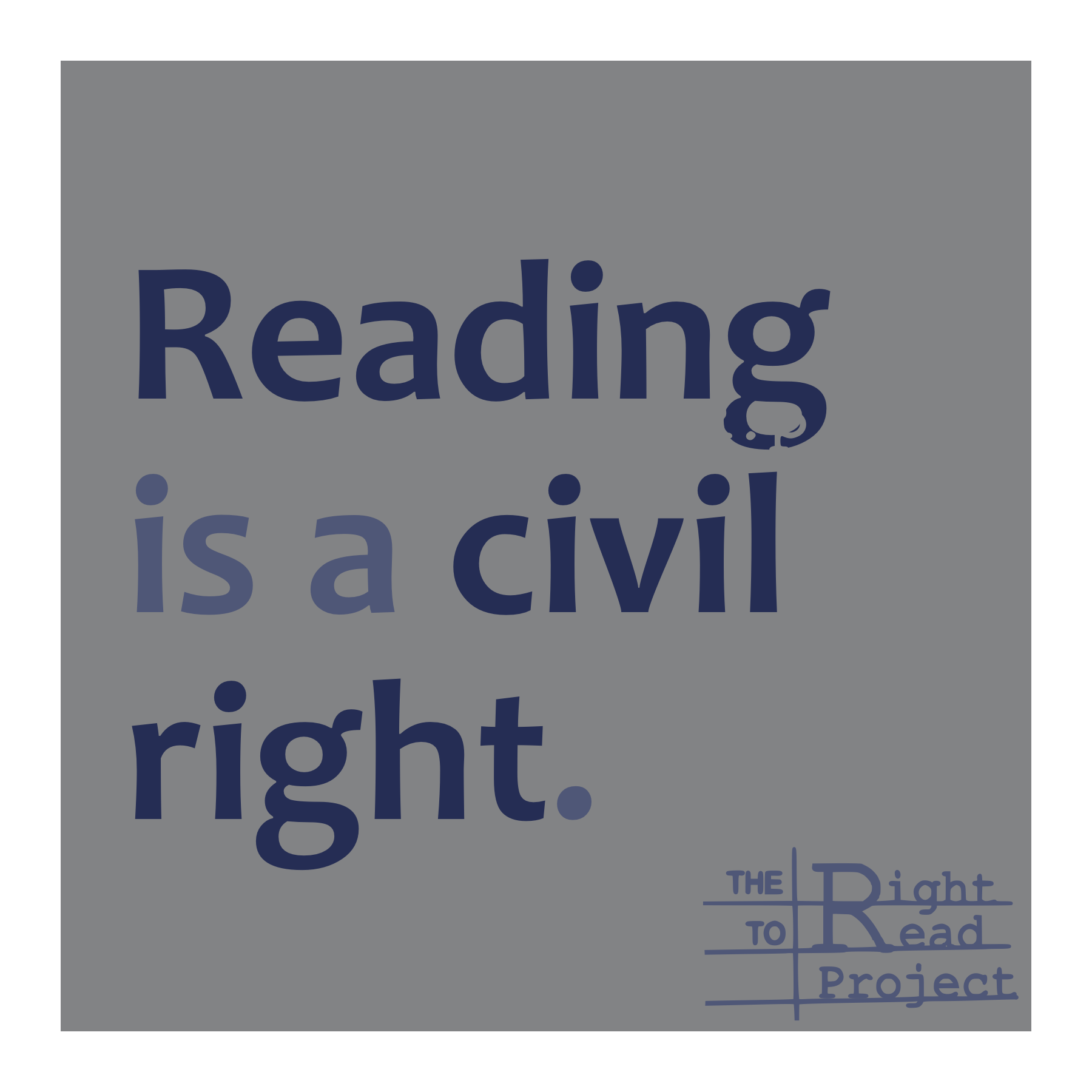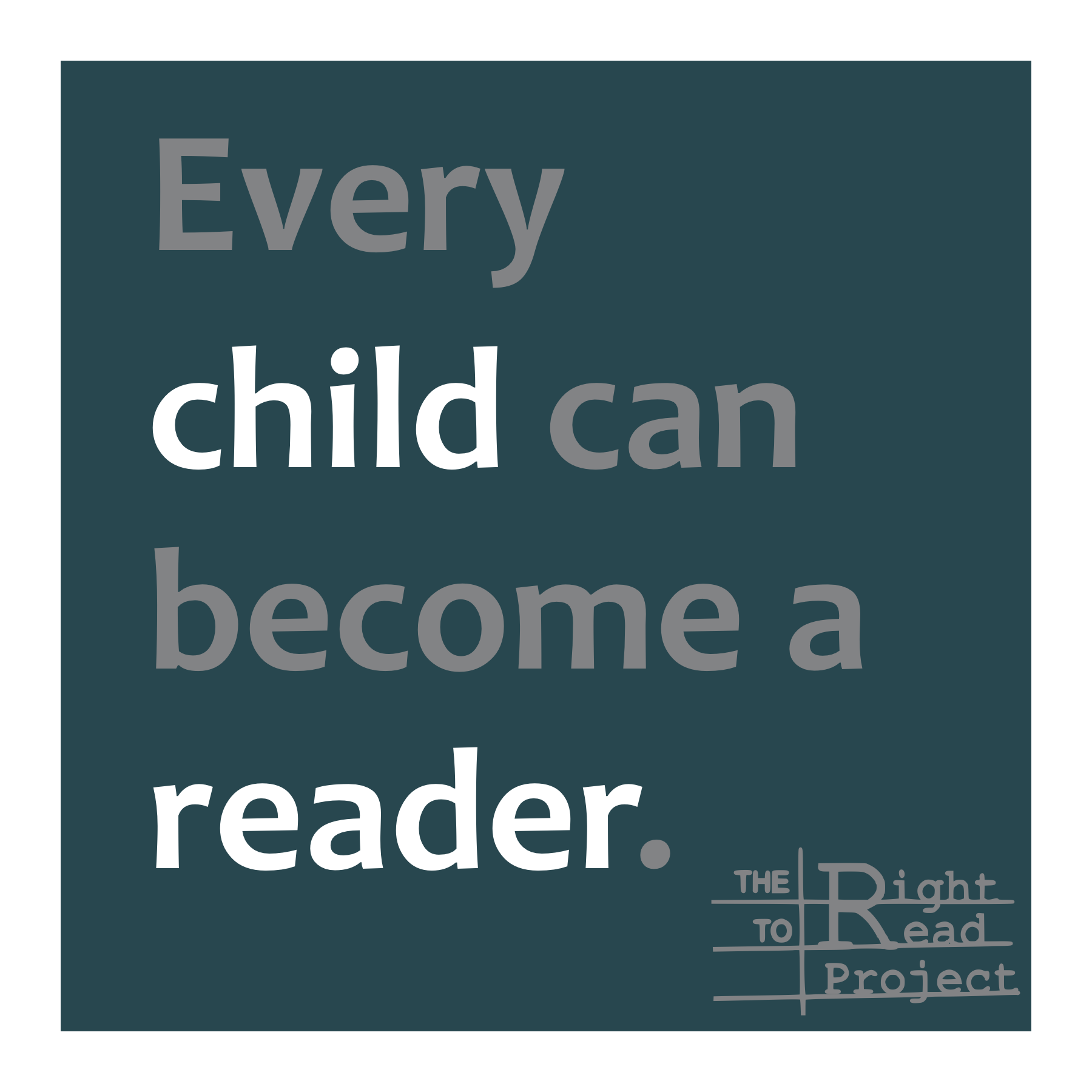As a classroom teacher, I felt anxious when visitors observed, so as a coach I attributed my nervousness about observations to sympathy pains. But now I know that principals, vice principals, and even coaches rarely watch instruction, and I’ve heard many confessions like this: “I realized that the biggest barrier was in my own head. I actually felt shy about going into classrooms for an in-depth look. It was as
Getting Reading Right Is Messy: No One Has It All Figured Out
“I wish my school were like that.” I clicked through a slidedeck about a literacy improvement plan and I felt a pang of envy. “I wish my work was so straightforward and my school’s progress so steady.” But these were my slides. The students, teachers, moments captured in photographs, and ideas represented in bullet points–they were all from my school. So why, while looking at evidence of my school’s improvement,
Hoping for the Best is Not a Viable Strategy
We’re keeping our worries about the Science of Reading movement quiet, afraid that voicing them will somehow increase the chances that it could fail. But anyone who cares deeply about its success is plagued by “what ifs” that keep us up at night. What if we fall short because… Anyone knowledgeable about reading research and what’s happening in classrooms has worries like these. But most of us have remained quiet,

Getting Reading Right for the Kids Who Sued (and the Others Who Could)
Why didn’t he learn to read when he was in elementary school? We often focus on the child, his behavior, family, or teachers. He has a learning disability. He never sits still. That family just doesn’t prioritize school. He had teachers who just didn’t care. We tend to attribute reading difficulty to a child’s individual problems or to circumstances beyond our control. And we rarely see that many of our

Connecting the Mainstream Classroom & Special Education
A GUIDE TO READING ADVOCACY, PART 1 (Click here to read Part 2.) A parent might assume, after seeing the special education teacher, specialists, classroom teacher, and principal gathered in the same room to discuss the progress of a single child, that collaboration is focused and ongoing. In truth, the team may not have the opportunity to reconvene until the next legally-required SST or IEP meeting. Many parents are unaware








